SLAC, MIT, TRI researchers advance machine learning to accelerate battery development; insights on fast-charging
Green Car Congress
MARCH 9, 2021
Scientists have made a major advance in harnessing machine learning to accelerate the design for better batteries. By understanding the fundamental reactions that occur within the battery we can extend its life, enable faster charging and ultimately design better battery materials. Hongbo Zhao/MIT).




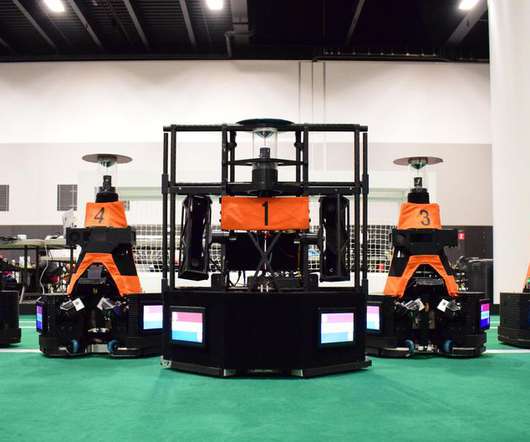





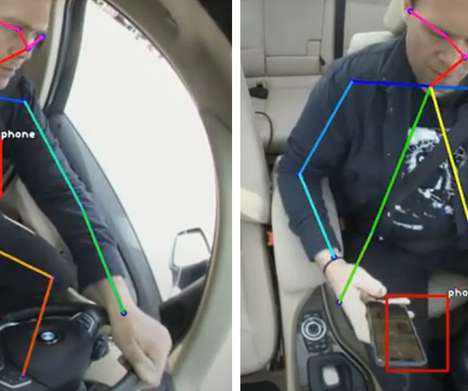
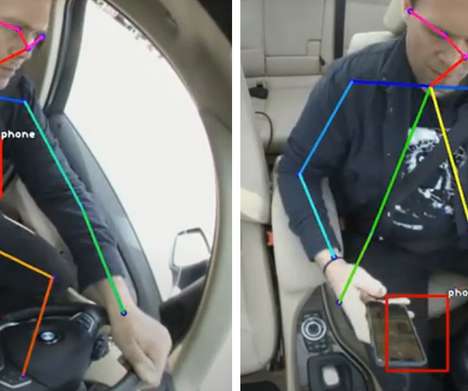

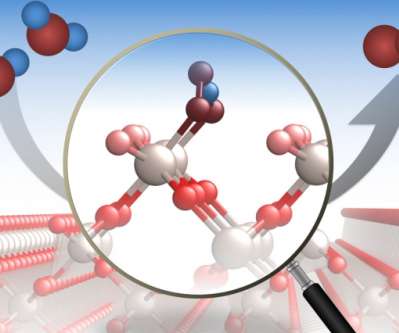



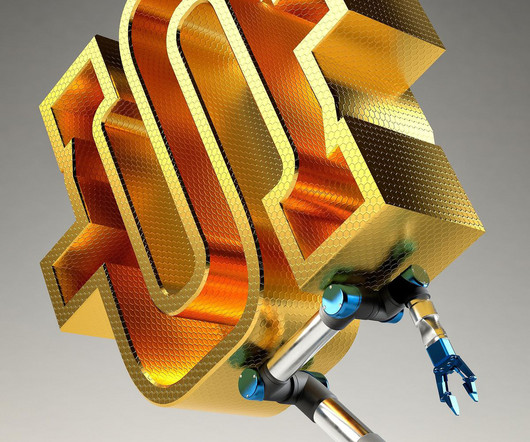







Let's personalize your content